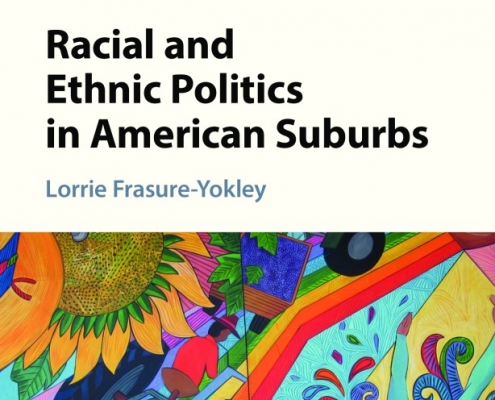Posts

PART 2: “Conversations with Changemakers” featuring Dr. Lorrie Frasure-Yokley
The following interview with Changemaker Dr. Lorrie Frasure-Yokley…

From Tide Pods to Perfumes: UCLA CSW’s Chemical Entanglements Initiative
By Gracen Brilmyer, Graduate Student Researcher, UCLA Center…

